An alumnus of the University of Windsor has been named an Officer of the Professional Engineers Ontario (PEO) Order of Honour.
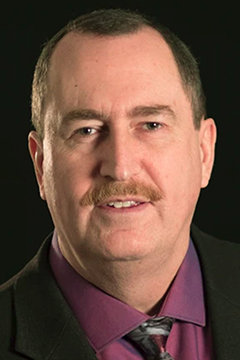 Dedicating over two decades to the advancement and promotion of engineering, Sean P. McCann (BASc 1989, MASc 1993) has been recognized for his voluntary contributions to the community and engineering profession. He was inducted into the Order at a virtual gala on June 19, 2021.
Dedicating over two decades to the advancement and promotion of engineering, Sean P. McCann (BASc 1989, MASc 1993) has been recognized for his voluntary contributions to the community and engineering profession. He was inducted into the Order at a virtual gala on June 19, 2021.
McCann was inducted as a Member of the Order of Honour in 2006 and serves as a PEO Windsor-Essex Chapter executive. He has also taken positions on PEO’s Continuing Professional Development, Competency and Quality Assurance Task Force, and Advisory Committee on Volunteers.
— Published on Aug 25th, 2021
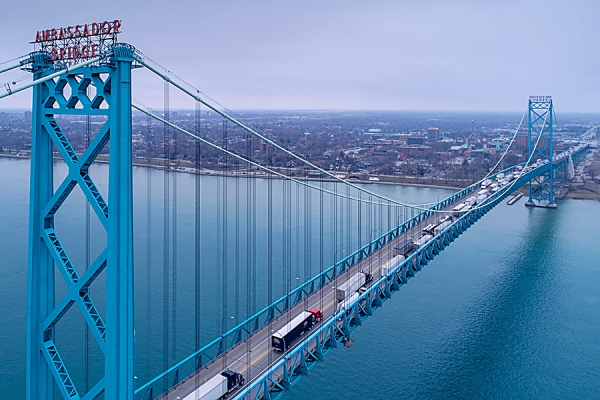
Researchers at the University of Windsor are upgrading a network of cameras and sensors on the Canadian side of the Ambassador Bridge in a project that aims to better predict border traffic and improve safety.
Engineering professor Hanna Maoh (pictured at left) and lead researchers at UWindsor’s Cross-Border Institute hope to begin installing the equipment along Huron Church Road this fall. They’ve received $150,000 through the Canadian Foundation for Innovation and the Ontario Research Fund toward the $206,000 project.
“We’re trying to understand how traffic moves through this major node,” said Dr. Maoh. “Collecting data in real time is critical for any meaningful analysis.”
The Cross-Border Institute, founded by political science professor Bill Anderson in 2008, researches ways to better move people, goods, and services across borders. This latest project will use machine learning and artificial intelligence to measure and predict traffic patterns, improving the efficiency of border crossings. Data from cameras and sensors near the bridge will be transferred wirelessly in real time to servers at the institute for analysis by a team of researchers from a variety of disciplines.
Traffic sensors in place right now measure the number and size of vehicles. This project will collect additional data on factors such as lane changes, vehicle speed, and the interaction of large trucks and smaller passenger vehicles.
The information collected will not only assist truckers and local traffic, but could also improve air quality for local residents, improve the supply chain operation between Canada and the United States, and increase the competitiveness of manufacturers and the transportation industry.
— Published on Aug 12th, 2021

Besides providing drinking water for more than 30 million people in North America, the Great Lakes play a vital role in the economy’s transportation, power and agriculture sectors.
Plastic pollution in these water bodies has been widely acknowledged for a great deal of time, says Tirupati Bolisetti, an environmental engineering professor at UWindsor.
However, microplastics — particles that are 5 mm or smaller in size — hidden in the water are posing a much bigger problem for aquatic and human life.
“These ubiquitous microplastics are finding their way into the natural waters due to improper disposal of plastics, which degrade into small pieces,” Dr. Bolisetti says. “They come from plastic packaging, cosmetics, textiles, automotive components and plastic litter thrown on the beaches, to name a few.”
Some of these microplastics in the form of synthetic microfibers are also released from our wastewater systems, he adds.
A team of interdisciplinary researchers from the University of Windsor, including Bolisetti and Dr. Ram Balachandar, are collaborating with Dr. Shooka Karimpour and other researchers from York University to understand how microplastics originate and get transported to the western basin of Lake Ontario, called the Niagara basin.
— Published on Jul 26th, 2021

A team of UWindsor engineering researchers envisions a future where electric transport trucks can deliver more than goods.
While loading or unloading zero emission trucks, why not transfer electrons too? The road-bound big rigs can deliver electricity to companies in need to extend the limits of the electrical grid at high-peak hours.
It’s a scenario Rupp Carriveau and Hanna Maoh are mapping out in partnership with Mitacs, Independent Electricity System Operator, 360 Energy, and Leamington-based greenhouse grower, Nature Fresh Farms.
“Let’s say a truck is done for the day and still has an 80 per cent charge,” Dr. Carriveau explains. “That truck can deliver electrons to a nearby company that’s going to be hit with some penalties for having a high draw on the grid — maybe for the lights in a greenhouse or an electric press machine in a warehouse.”
— Published on Jul 5th, 2021
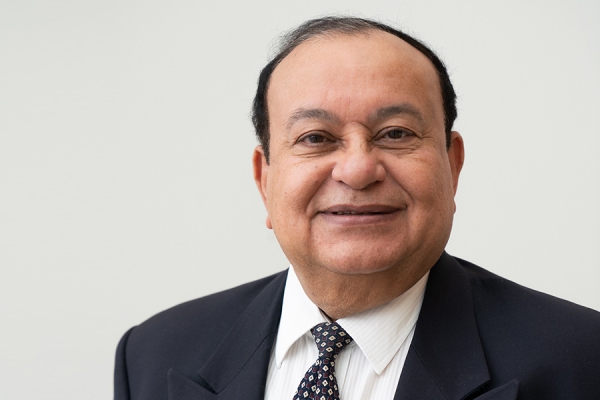
Waguih EIMaraghy has been inducted into Professional Engineers Ontario’s Order of Honour for his dedicated contributions to the engineering profession as a volunteer and educator.
The University of Windsor professor was honoured among select engineersacross the province during a virtual awards ceremony June 19.
The licensing and regulating body for the province’s professional engineers cited Dr. EIMaraghy’s intense passion for the profession and community.
With more than three decades as a volunteer on its Academic Requirements Committee, EIMaraghy has pioneered and been instrumental in improving the Professional Engineer designation application process. He serves as the committee’s vice chair and chairs the distance education subcommittee, helping to develop guidelines and criteria for evaluating the credentials applicants acquire through distance education.
— Published on Jun 22nd, 2021
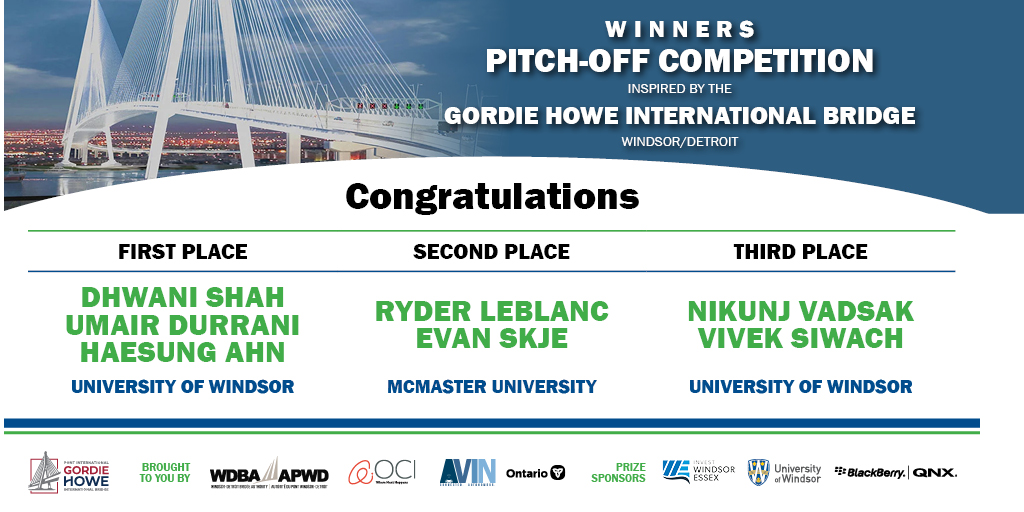 Two teams of UWindsor engineering students have triumphed in an industry-led, pitch-off competition for their solutions to cross-border congestion at the future Gordie Howe International Bridge.
Two teams of UWindsor engineering students have triumphed in an industry-led, pitch-off competition for their solutions to cross-border congestion at the future Gordie Howe International Bridge.
The teams impressed a panel of industry judges with their suggestions to implement mobile apps to reduce delays at the border and to facilitate the use of alternate modes of transportation to relieve congestion. The students also recommended using machine learning technologies, sensor-based systems, and even a suicide prevention system in plans for the new bridge, which is one of the largest infrastructure projects underway in North America.
The pitch-off competition hosted by Ontario’s Autonomous Vehicle Innovation Network (AVIN) and Windsor-Detroit Bridge Authority (WDBA) challenged post-secondary students in engineering, information technology, and business administration to utilize smart mobility technologies, data analytics, and new payment and security technologies to reduce cross-border congestion and wait times.
— Published on Jun 21st, 2021
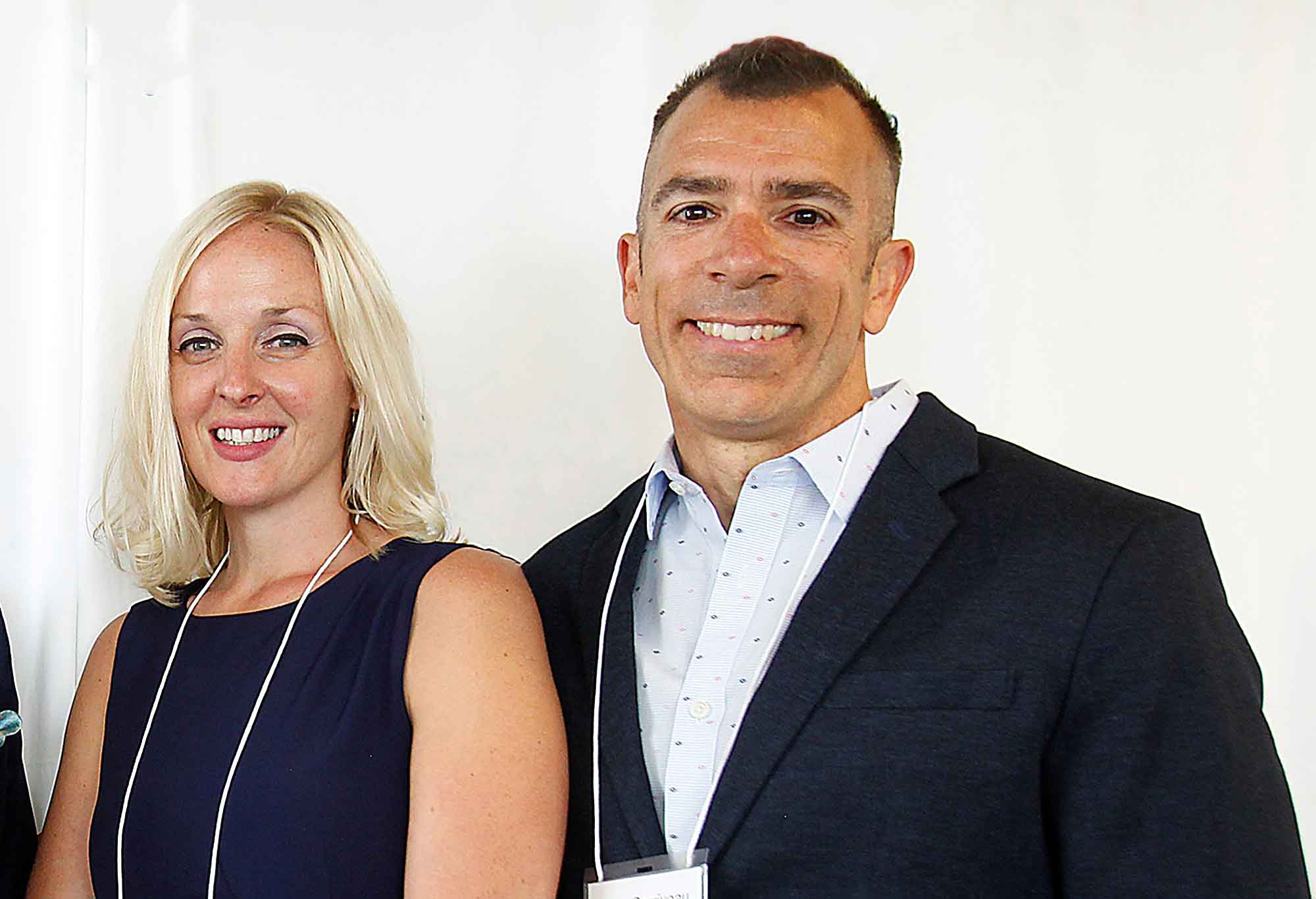
A study led by UWindsor researchers aims to equip Canada with a diverse and inclusive pool of leaders for the clean energy sector of the future.
The Environmental Energy Institute’s Lindsay Miller and Rupp Carriveau say a new research program they’re spearheading will help bridge the gaps between the technical, economic, and political aspects of the nation’s energy sector.
“While our energy systems are presently undergoing an unprecedented spectrum of change, the same cannot be said for the conventional educational pathways that were designed to produce the highly qualified people (HQP) to drive the energy sector,” Dr. Miller says.
Using a multi-stakeholder approach, the initiative will inform clean energy curriculum development and encourage underrepresented minorities to pursue clean energy careers.
As leaders of the Climate Led Energy Evolution Network 2040, Miller and Carriveau have developed an international network of stakeholders across universities, businesses and government agencies with a vested interest in the future of energy systems.
This broad and diverse cross section of clean energy sector stakeholders will help identify gaps between skill sets and current Canadian post-secondary clean energy curriculum.
— Published on Jun 11th, 2021
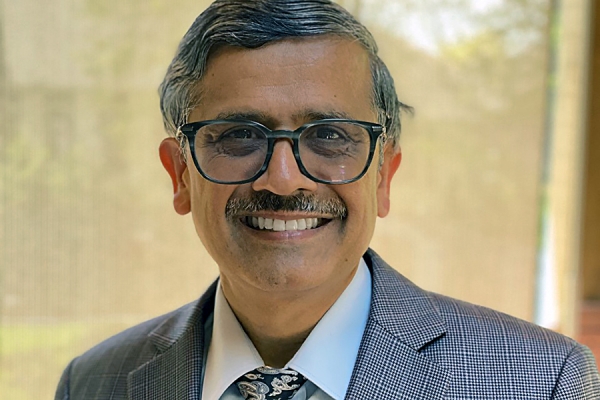
Ram Balachandar has been recognized for his pursuit of excellence by the Canadian Society for Civil Engineering.
Dr. Balachandar, a civil engineering professor, was elected as a fellow during the society’s annual conference held virtually between May 26 and 29.
In 2019, he received the Canadian Society for Civil Engineering’s Camille A. Dagenais Award for his research on open channel flows, fluid-structure interaction, and efforts in the area of scour, which have led to substantially improved design equations.
Balachandar has published 160 journal papers, eight book chapters, and more than 250 conference papers. He is an associate editor for the Canadian Journal of Civil Engineering and was recently appointed as the section chief editor of the fluid mechanics section for Frontiers in Mechanical Engineering.
— Published on May 27th, 2021
The University of Windsor’s SHIELD Automotive Cybersecurity Centre of Excellence has signed a memorandum of understanding with the Canadian Urban Transit Research and Innovation Consortium (CUTRIC) to collaborate on innovative technology and knowledge mobilization designed to help public transit operators keep riders safe.
According to SHIELD co-founders Mitra Mirhassani, a UWindsor electrical and computer engineering professor, and Ikjot Saini from the School of Computer Science, the partnership will work to develop cybersecurity research, training, and awareness.
“If there’s one thing we have learned over the past year, it’s the importance of collaboration,” says CUTRIC president Josipa Petrunic. “CUTRIC is proud to be partnering with the University of Windsor as we set out on this new journey of strengthening and advancing our scientific, educational, and technological capabilities.”
— Published on May 26th, 2021

UWindsor engineering professor Narayan Kar is leading a new $1.8 million research project to make better electric drive systems.
The Natural Sciences and Engineering Research Council of Canada (NSERC) has awarded the electric vehicle expert more than $1 million for the three-year project with Canadian auto parts supplier Magna International, Ottawa-based power device company GaN Systems, and a researcher at Concordia University. The industry partners will add more than $700,000 in in-kind contributions to the research.
“With this project, we want to create a paradigm shift in the field of transportation electrification,” said Dr. Kar. “We hope to give Canada a competitive advantage in the global marketplace.”
The research project will examine several elements of the electric drive system and make improvements. The goal is to make electric vehicles more powerful, efficient, and reliable, while making them less costly to produce and maintain.
— Published on May 11th, 2021
 Dedicating over two decades to the advancement and promotion of engineering, Sean P. McCann (BASc 1989, MASc 1993) has been recognized for his voluntary contributions to the community and engineering profession. He was inducted into the Order at a virtual gala on June 19, 2021.
Dedicating over two decades to the advancement and promotion of engineering, Sean P. McCann (BASc 1989, MASc 1993) has been recognized for his voluntary contributions to the community and engineering profession. He was inducted into the Order at a virtual gala on June 19, 2021.




 Two teams of UWindsor engineering students have triumphed in an industry-led, pitch-off competition for their solutions to cross-border congestion at the future Gordie Howe International Bridge.
Two teams of UWindsor engineering students have triumphed in an industry-led, pitch-off competition for their solutions to cross-border congestion at the future Gordie Howe International Bridge.

